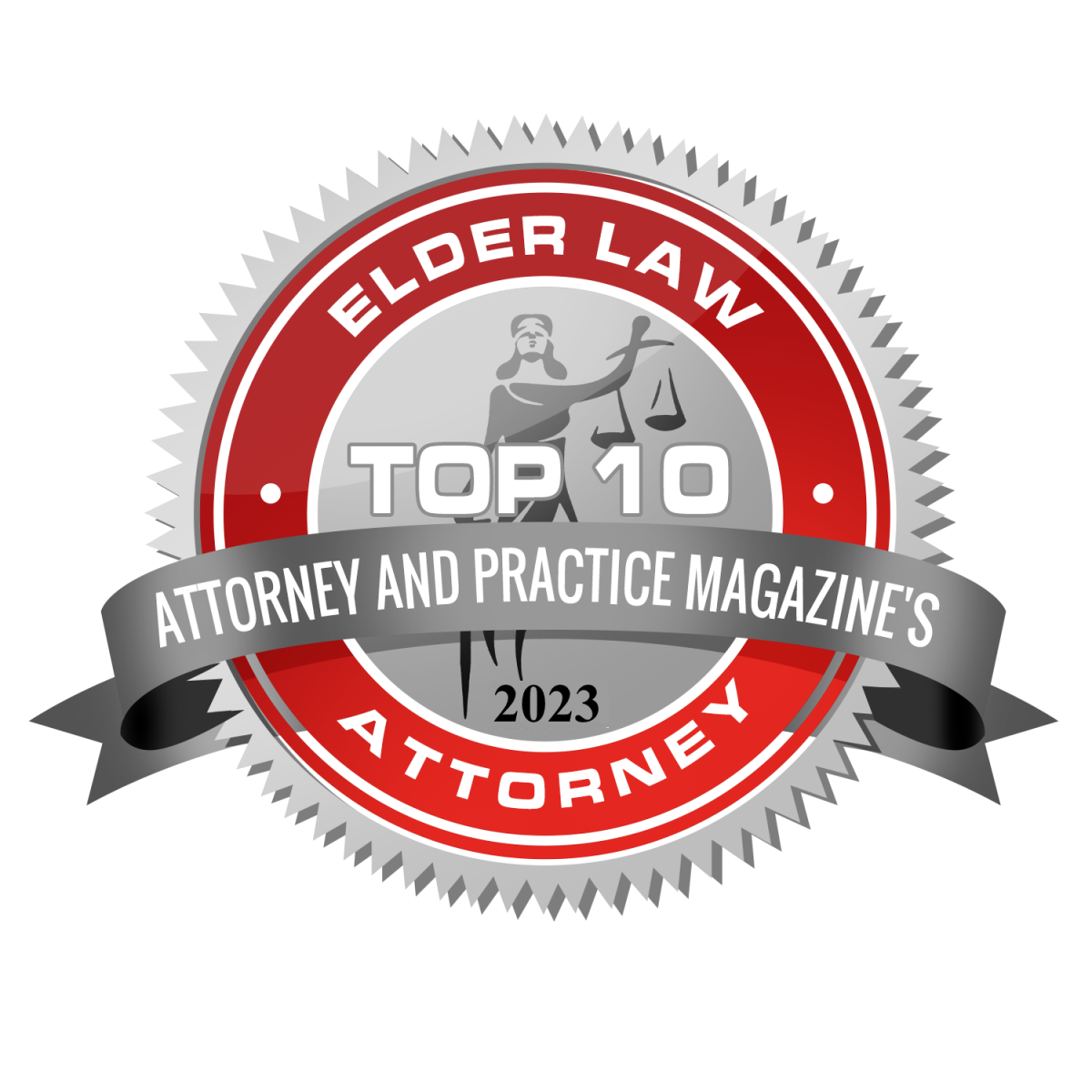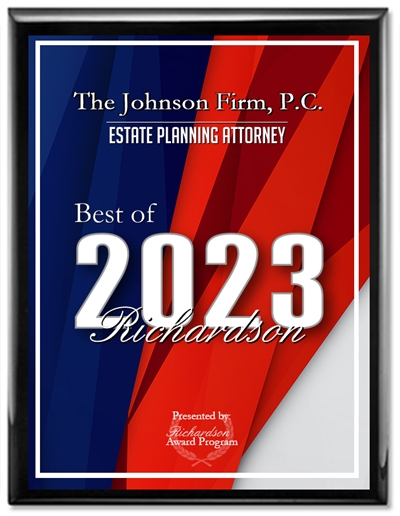Many people end up needing long-term care at some point in their lives. Medicaid provides important benefits that can help cover the cost of nursing home care and other medical services. However, not everyone qualifies for Medicaid. If you believe an elderly loved one may require long-term care in the coming years, it is wise to start planning now.
At The Johnson Firm, P.C. in Richardson, Texas, our team of attorneys can assist you in preparing to qualify for Medicaid. We have extensive experience guiding individuals and their loved ones through the process of achieving a qualifying level of countable assets.
What Are Countable Assets?
To qualify for Medicaid, your assets must fall below a certain threshold. When counting your assets, the government does not consider all of them. The ones they do consider are called "countable assets."
Countable assets usually include checking and savings accounts, brokerage and retirement accounts, any real property you own that is not your primary residence, stocks and bonds, and others.
Assets that are considered "noncountable" include your main residence, one car, certain amounts of life insurance and burial funds, and assets protected by certain types of trusts.
There are exceptions to what is considered countable and noncountable. With our Medicaid preplanning experience, we will carefully assess your assets to determine which may be considered countable and which may not.
How We Can Minimize Your Assets
When people don't qualify for Medicaid, it is usually because they have too many assets. Having too many assets to qualify for Medicaid, however, does not mean you can afford the cost of long-term care.
With enough advance planning, it may be possible to minimize your countable assets using various techniques, including:
- Placing them in a trust
- Gifting them to loved ones
- Using them to purchase noncountable items
- Transferring assets to your spouse
However, none of these techniques should be attempted without expert guidance.
Why You Need To Act Quickly
If there is a possibility of minimizing your assets to qualify for Medicaid, it is important to address it sooner rather than later.
Medicaid has a five-year look-back period, meaning any asset transfers that occurred within the five years before you apply for benefits will likely be penalized. Medicaid assumes that any asset transfers you made within that time frame were for the purpose of qualifying for Medicaid. It is therefore extremely important to determine when you should apply for benefits. If you would like more information about preplanning for long-term care, we encourage you to download our free book.
Talk To One Of Our Experienced Elder Law Attorneys To Learn More
In your initial consultation, we can help you better understand how advance planning can help you qualify for Medicaid in the future. To schedule an appointment, please call us at (972) 299-3488 or contact us via email.














